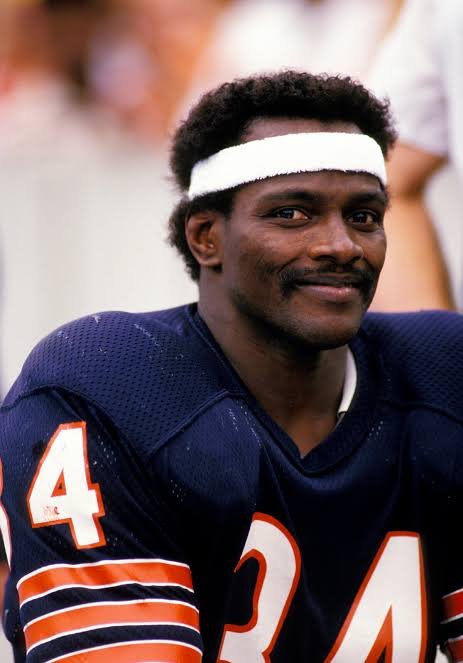
The Legend Lives On: How Walter Payton Became Bigger Than Football—and Why Chicago Still Calls Him Its Greatest Hero
- Image
- 0
- Posted on
The Legend Lives On: How Walter Payton Became Bigger Than Football—and Why Chicago Still Calls Him Its Greatest Her
Chicago, IL – April 17, 2025
Nearly two decades after his passing, Walter Payton’s name still echoes through every corner of Chicago—from the South Side to Soldier Field. Nicknamed “Sweetness” for both his running style and character, Payton wasn’t just the greatest Chicago Bear to ever wear the uniform—he became something deeper: a symbol of resilience, excellence, and grace.
Today’s stars come and go, but for generations of Bears fans, there’s only one true superstar. One who ran harder, played tougher, and gave more of himself than anyone before or since. Walter Payton wasn’t just an athlete. He was—and still is—Chicago’s beating heart.
Born in Mississippi and drafted 4th overall in 1975, Payton transformed a struggling Bears franchise into a feared contender. Over 13 seasons, he rushed for 16,726 yards, scored 125 total touchdowns, and carried the city on his back every single Sunday. He missed just one game in his entire career—a stat that says more about his soul than even his skill.
“Walter wasn’t just our best player. He was our best man,” former teammate Mike Ditka once said. “He gave everything to this city.”
But his legacy extends far beyond the field. After retiring, Payton poured himself into charity work, inspiring a league-wide humanitarian award now named in his honor. The Walter Payton NFL Man of the Year Award is the league’s most prestigious off-field honor—because being like Payton is the highest bar there is.
In a sports world obsessed with stats and flash, Payton’s story reminds us what greatness really looks like. Not just highlight reels—but hard work, loyalty, and heart.
Chicago still wears No. 34 with pride. Kids still grow up hearing his name from their parents. And inside Soldier Field, surrounded by banners and history, Walter Payton remains more than a memory—he remains the soul of a city.
